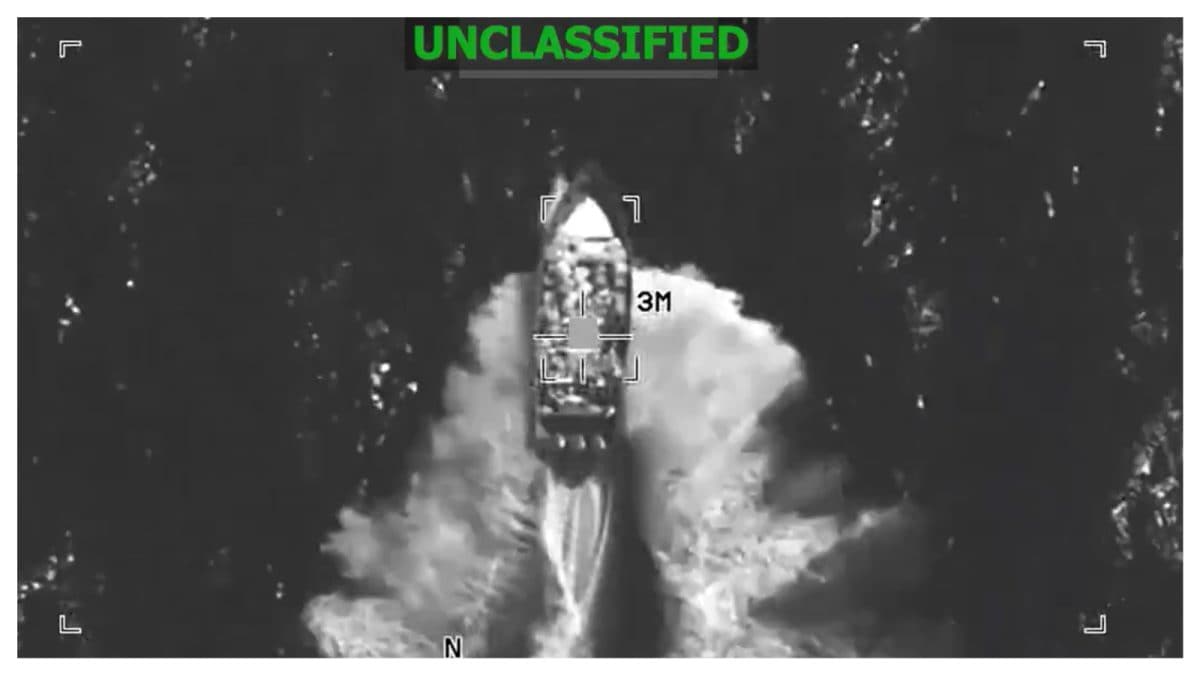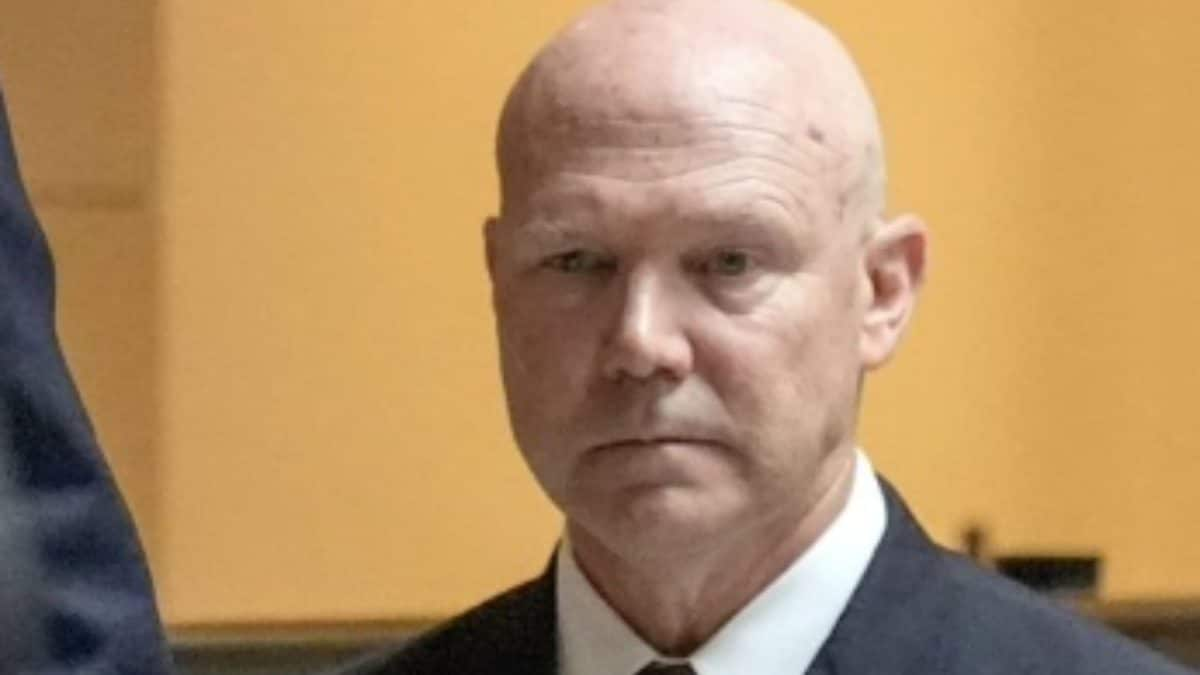At the end of Gunner Jaysley Beck’s inquest, the British army promised that the teenager’s suicide after a sexual assault by a senior colleague would lead to lasting and effective change.
Eight months on, as her abuser was finally sentenced for the attack, Beck’s mother, Leighann McCready, accused the army of making “empty promises” and said change to the way victims were treated was not taking place quickly enough.
She said her 19-year-old daughter’s death had “destroyed” her and the conviction of the man who attacked her, the former army warrant officer Michael Webber, did not feel like justice.
McCready said: “As her mother, knowing what happened to her has destroyed me. Since the day I lost her, my life has been turned completely upside down. There is no peace, no normal any more. I feel numb and empty, like I’m existing rather than living.”
The prosecution of Webber has not helped. “In lots of ways this really doesn’t feel like justice,” McCready added. “This is hard to explain, but we should not have had to put up such a fight. It has drained us when we should and could be grieving our daughter.”
McCready said the family were relieved at least that because Webber had admitted the assault, there had been no trial. But she said: “This is far too little too late given everything that flowed from this.”
Beck joined the army aged 16 in 2018. She was sexually assaulted by Webber during an exercise in Hampshire in July 2021. She reported what had happened to her bosses but the police were not informed and Beck was encouraged to accept a letter of apology from Webber.
Later that year she did not report that another man – a male line manager – was bombarding her with texts and voice messages, apparently having lost faith in the complaints procedure. She was found dead at a barracks in Wiltshire in December 2021.
At the end of the inquest in February, the coroner Nicholas Rheinberg strongly criticised “systemic” flaws in the way the army had investigated the sexual assault, saying the senior officers involved had sought the least serious punishment for the attacker.

After the coroner’s conclusions, Beck’s family, supported by the Centre for Military Justice, asked Wiltshire police to investigate. They passed on a file to the Service Prosecuting Authority, which charged Webber.
Asked why she thought it had taken so long to get to this point, McCready said: “Jaysley was disbelieved, dissuaded from reporting and then urged to accept a letter of apology – the army ensured nothing else was done – and because the chain of command breached their own rules in not reporting it to the police.
“I told the army about her sexual assault allegation very shortly after she died, at a meeting, but nothing happened. Even after the army’s own internal inquiry established that something bad had happened at the hands of Michael Webber, nothing happened.
“Even after the inquest, it was for us to write to Wiltshire police to ask them to investigate, and it was only that, finally, that resulted in the case being sent to the Service Prosecuting Authority. At every stage we have had to push for this ourselves.”
The month after the end of the inquest, the Ministry of Defence announced a new specialist tri-service team to take the most serious complaints outside the single service chain of command. It has also announced that an independent armed forces commissioner is to be brought in. But Beck’s family feel there is a lack of detail.
McCready said: “There have been a lot of empty promises. We wrote before the inquest to the MoD to ask them to look again at how to improve army complaints and nothing happened. Then they rocked up at the inquest to say that they still did not need to change the complaints system, and they only agreed to bring about some changes after a public outcry following the inquest’s conclusions.
“They have finally said they will introduce a more independent complaints scheme but we are concerned it may not really amount to very much. We are still waiting to see what it looks like anyway, eight months on from the inquest.”
Beck’s mother said that until there was “proper change”, she would advise young women not to join the armed forces.
She said: “They [those in charge] protect themselves and not the soldiers. That is what happened to Jaysley. Army recruits are at such a vulnerable age when they first join up, and as females they are in such a minority, surrounded by lots of men.
“Jaysley’s [army] friends talked about the vile and degrading behaviours they had to put up with. I would urge anyone going through anything like this to speak up, get outside help and not to suffer in silence. There are people out here who will help you.”

 1 month ago
1 month ago


















